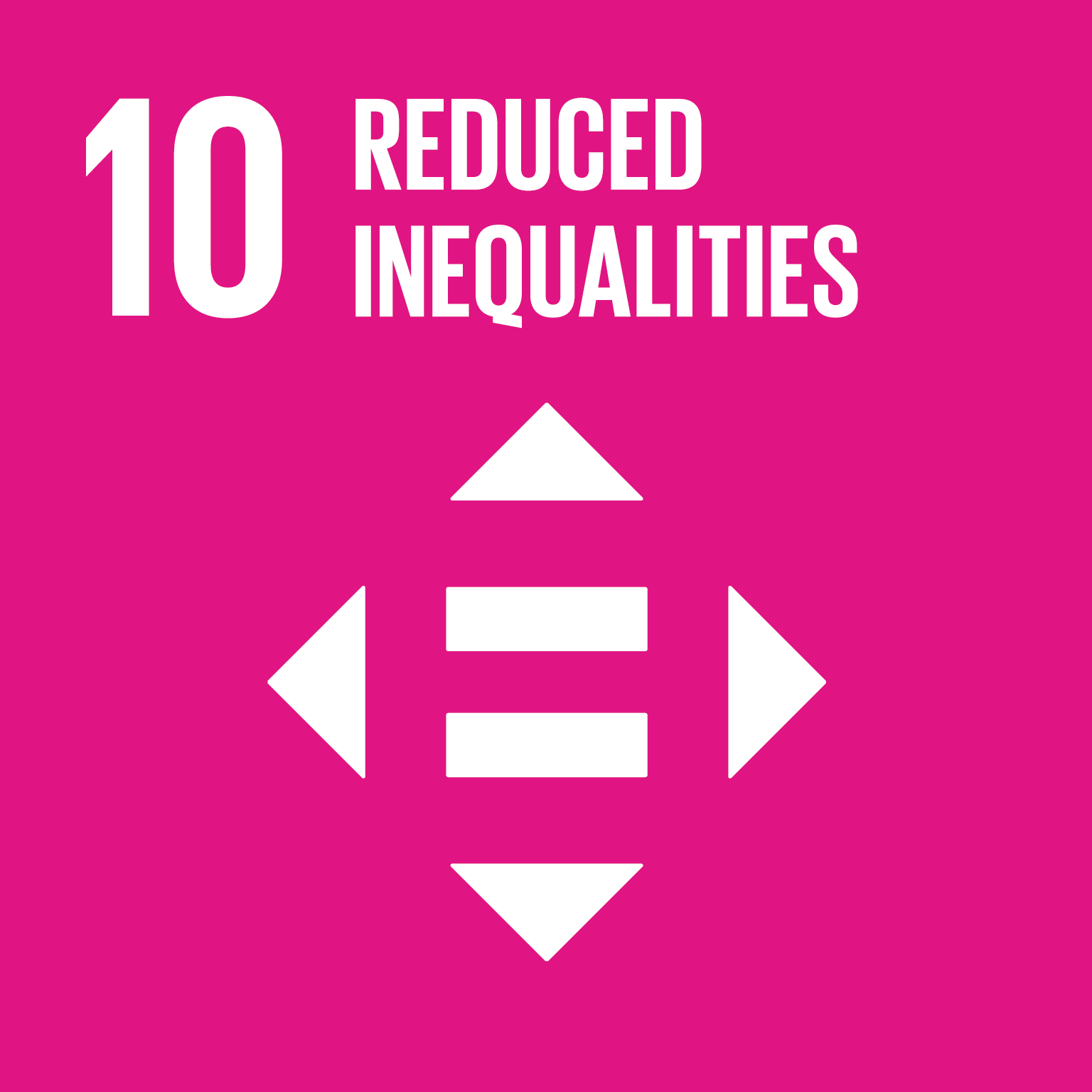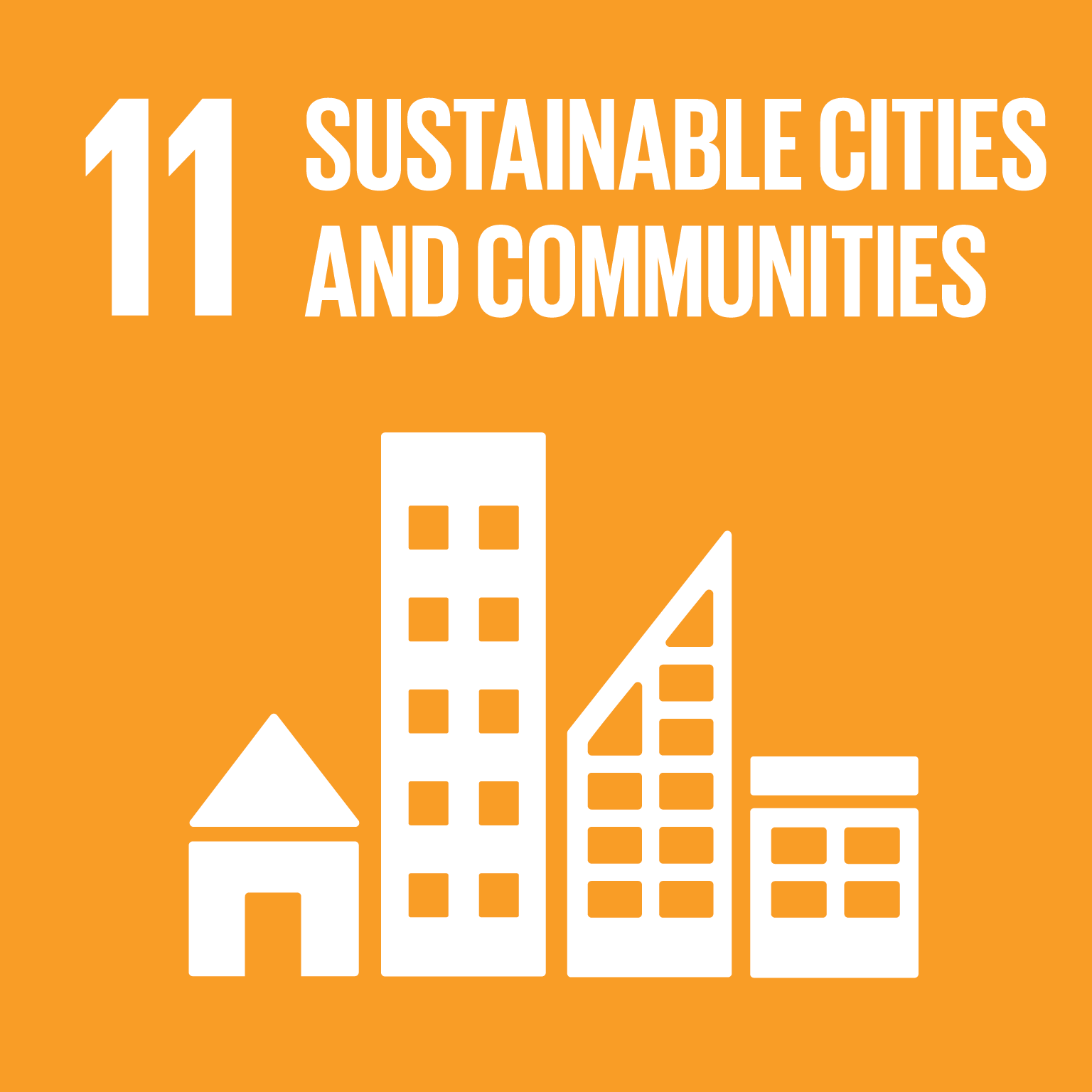Pops4public is a social enterprise project aiming to improve the access and inclusiveness of Privately-Owned Public Spaces (POPS).
It maps and runs information about publicly accessible spaces in city centers.
Some government programs guarantee participating developers to increase publicly accessible spaces at ground level introduced as “privately-owned public space (POPS)”. These spaces are common in contemporary cities, but some critics disapprove of their publicness and inclusion. This means that the spaces prioritize targeted users could lead to erosion of the public realm. Recent Melbourne research reports show serious attention to the permeability, accessibility and inclusivity of POPS. Direct observations and explorations of Melbourne’s POPSs in the Cental Business District area show that they are not discoverable and accessible for the public. Moreover, to improve pedestrian experiences, POPSs have special features and affordances which cannot be found in fully public spaces. Diverse and innovative uses can be expected in POPSs as they are participating in some city events and programs in new ways.

This project addresses SDG 11 (Sustainable Cities and Communities), to make cities and human settlements inclusive, safe, resilient and sustainable. This project aims to improve public spaces’ accessibility and inclusivity by ensuring a strong connection between buildings and the pedestrians on the street. It supports private properties’ walkability at the city’s ground level with human-scale nature and pedestrian connections. It also contributes to SDG 10 (Reduced Inequalities) reducing inequalities by empowering and promoting the social inclusion of all, irrespective of age, sex, disability, race, ethnicity. By doing so, cities can have more inclusive urban spaces available for everyone at the ground level. In other words, it will bring new diversity to some homogenous islands in the city, which the majority may not welcome. Moreover, this project can enhance pedestrian connection through the blocks referencing the city’s laneways as Melbourne’s characteristic. Furthermore, it introduces POPSs and their facilities to ensures users can stay in that public space.
On the other side, inviting the public to privately accessible spaces brings significant financial benefits for private owners and businesses. It encourages more persons to come into POPS, especially hidden ones under office towers, as a result, more potential customers for businesses impacted by the absence of office workers in pandemic and post-pandemic time.
Project timeline: 2020 - 2021
Key contributors:
This project addresses the following Sustainable Development Goals and Targets:
10.2 By 2030, empower and promote the social, economic and political inclusion of all, irrespective of age, sex, disability, race, ethnicity, origin, religion or economic or other status
11.3 By 2030, enhance inclusive and sustainable urbanization and capacity for participatory, integrated and sustainable human settlement planning and management in all countries
11.7 By 2030, provide universal access to safe, inclusive and accessible, green and public spaces, in particular for women and children, older persons and persons with disabilities

Get in touch
For more information or to discuss partnership and collaboration opportunities, email us at SDGs@rmit.edu.au.
For more information about RMIT’s sustainability commitments and activities visit www.rmit.edu.au/sustainability




